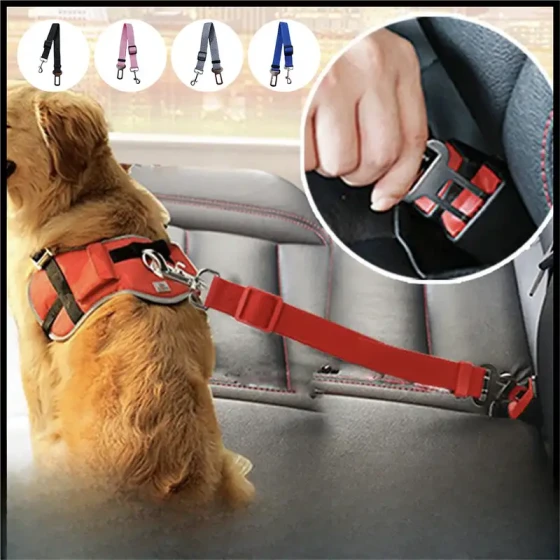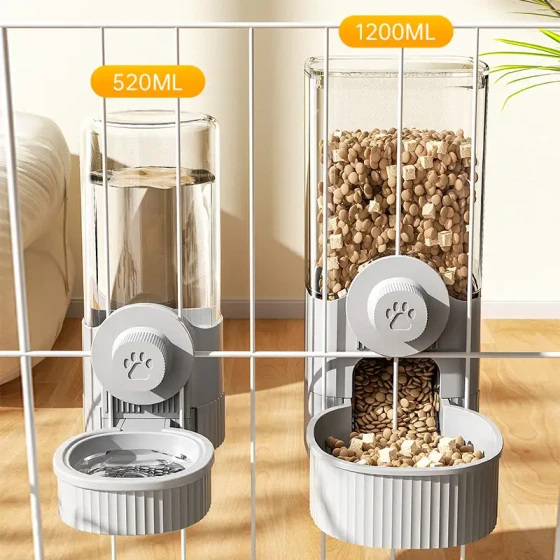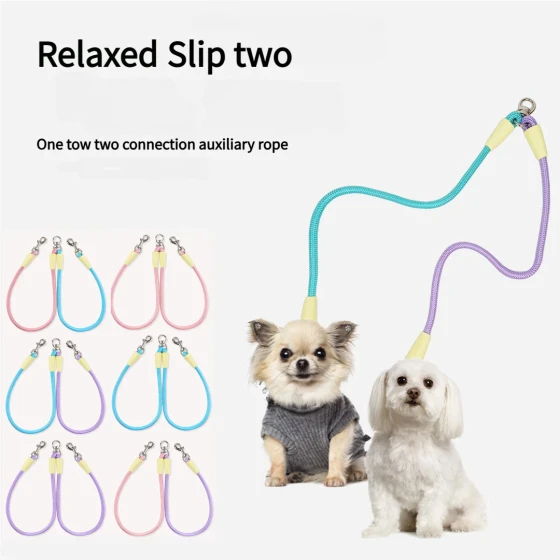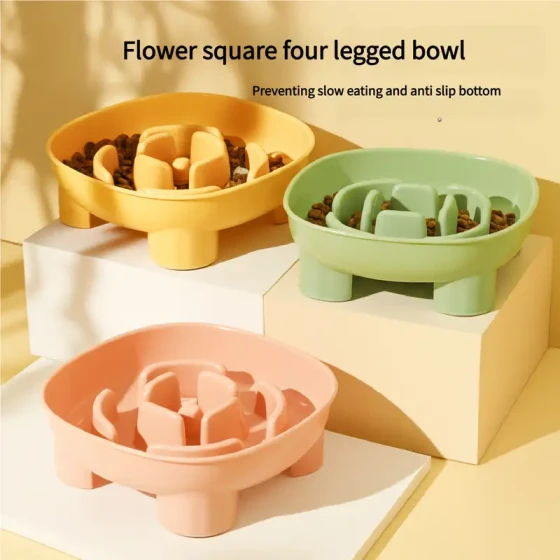How to Care for Elderly Dogs in Daily Life
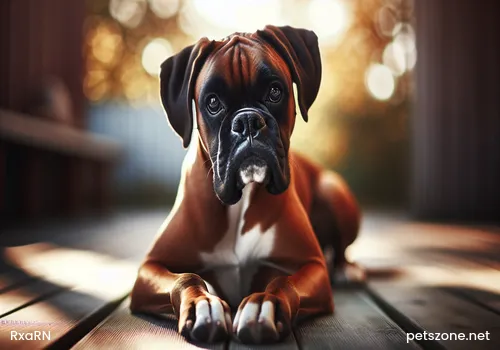
Golden Retriever
The most important thing in caring for elderly dogs is emotional support. Having accompanied you for a lifetime, they have deep feelings and attachment to you and your shared home. Owners should spend more time with their old friends and carefully observe every little change. Only in this way can the common diseases of elderly dogs be discovered in time.
1. Outing, learning, and waiting: Elderly dogs should no longer engage in strenuous exercise like adult dogs, such as mountain climbing, running, or swimming. Daily walks can satisfy their exercise needs. Do not force them to keep exercising, and allow them to decide whether to continue or rest.
2. Joint aging care: When dogs enter old age, they should be given pet-specific calcium supplements appropriately and continuously. This is especially important for medium and large breed dogs. As joints stiffen and age, if you notice limping, a hospital checkup is necessary.
3. Frequent grooming: Whether long-haired or short-haired, dogs should be groomed regularly. During grooming, you can check for lumps or swollen lymph nodes on their body, especially in areas prone to issues like the armpits and groin.
4. Controlling dietary calories: For elderly dogs without obvious diseases and with reduced activity, controlling calories at each meal is necessary. Protein, minerals, salt, and fat should all be reduced for better health.
5. Senior dog-specific food: Older dogs have weakened teeth and internal organs. For dogs with poor teeth, do not give them very hard dog food. Prepare something easier to digest. It is best to provide specially formulated senior dog food for aged dogs.
6. Seek professional assistance: If the dog cannot chew or has no appetite, soak the dog food in warm water, or offer porridge, canned food, or other cooked foods. It is best to consult a veterinarian. Owners can feed elderly dogs three to four small meals per day for better feeding results.
